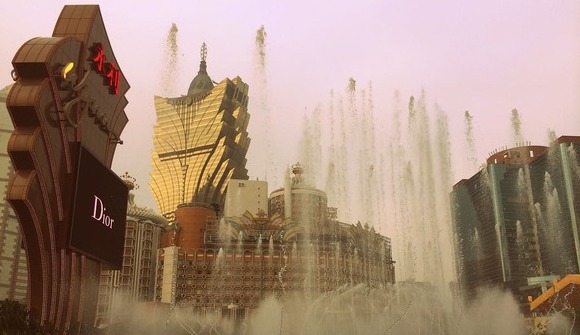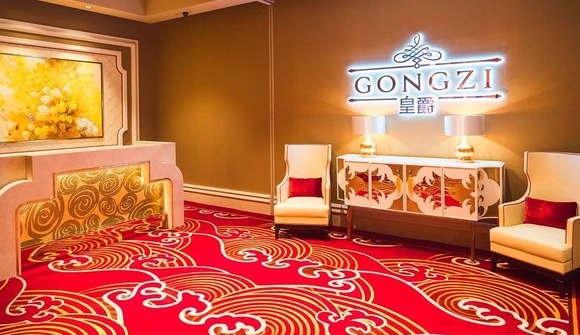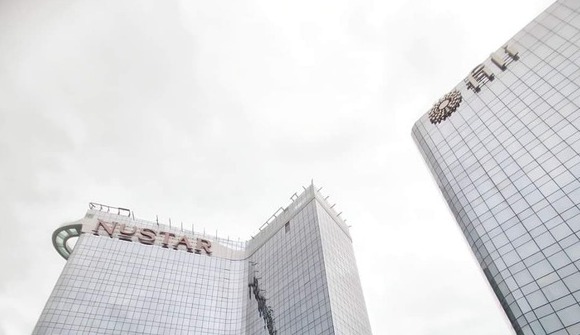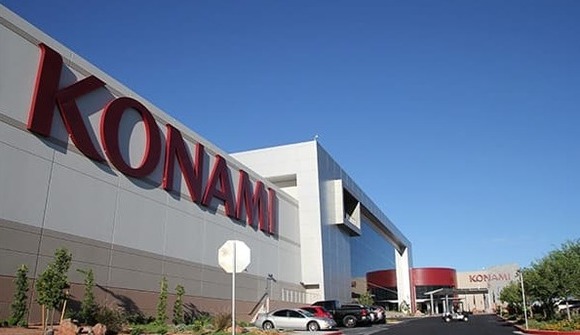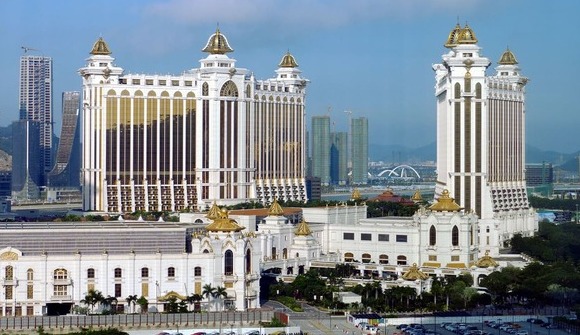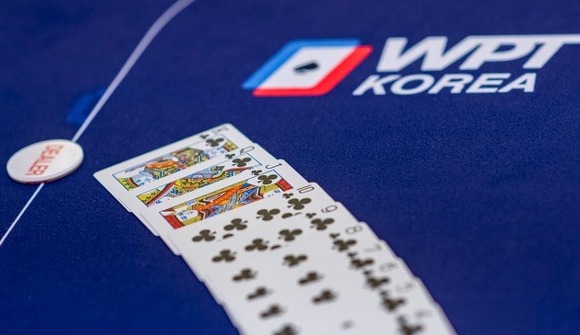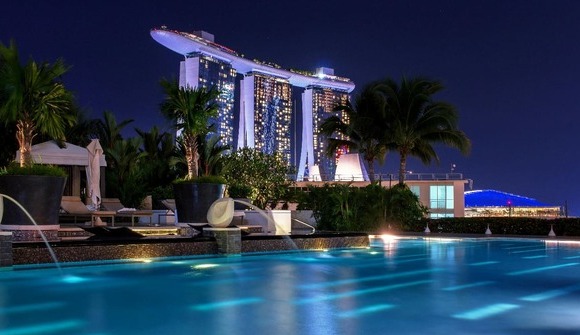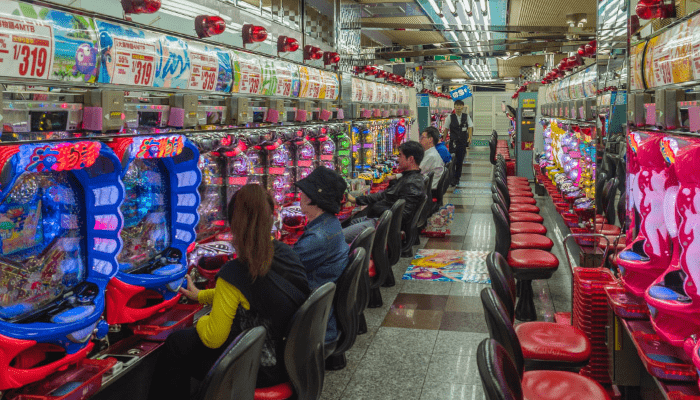
Popular Pachinko Parlor of Okura Holdings to Close Its Doors
In Japan, pachinko is a well-liked mechanical game that is frequently played for gambling. The game is a low-stakes, low-strategy kind of gambling that is analogous to slot machines in the West.
Due to low customer traffic and fierce competition, Okura Holdings, a popular Japanese pachinko company, recently announced that it will close its Big Apple, Ofuna Pachinko Hall in Kanagawa Prefecture. The closing is scheduled for May 7, 2023.
Japan is a country where the game is very popular, and Pachinko parlors are a common sight. These parlors frequently provide a variety of slot machines, which gives them a casino-like appearance and atmosphere. Both mechanical and electrical components can be found in contemporary pachinko machines.
In Japan, it is against the law to gamble for money, however there is a legal exception that permits Pachinko to be played for little money. Pachinko balls can be won by players from the game, but they cannot be converted into cash inside the parlor.
Instead, participants can trade them in for “special prize” tokens that can later be “sold” to an outside vendor for money. The tokens are sold back to the parlor by these merchants, who are frequently owned by the owner of the parlor, for the same amount plus a tiny commission. This generates a monetary profit without inadvertently breaking the law.
Pachinko revenues made up 5.6% of Japan’s 500 trillion yen GDP in 1999, up from the market’s value of 30 trillion yen (almost $300 billion) in 1994. Over 330,000 people, or 0.52% of all employed people in Japan, were employed by pachinko parlors.What caused the recent collapse of Okura Holdings?
Okura Holdings explained the choice in a recent filing by citing decreased consumer visitation since early 2020 and heightened competition in Japan’s pachinko and other entertainment markets. Despite a little increase in customer traffic in the second half of 2022, the firm ultimately decided to close the Ofuna Pachinko Hall due to the slow rate of recovery compared to other pachinko halls.
Okura Holdings opted to concentrate its efforts on other, more promising pachinko halls in order to limit further losses from weaker performance.
Okura Holdings reported a 13.6% increase in revenue to JPY3.1bn (US$23m) in the second half of 2022. A considerable improvement from the operating loss of JPY279m (US$2.06m) in the second half of 2021 was the company’s operating profit of JPY254m (US$1.88m).
This is not Okura Holdings’ first piece of news of this nature. With 11 pachinko locations, the most of which are in Nagasaki Prefecture, the corporation previously closed three pachinko venues in September 2021 and two in May 2021.
The three parlors that were shut down were underperforming and continuing to post losses, according to Okura Holdings. The corporation used the closures as a tactical maneuver to concentrate its resources on other, more promising pachinko halls.
The closures were also attributed to the fierce competition in the pachinko market and the growing competition from other forms of entertainment in Japan.
Okura Holdings issued a statement in which it stated: “Taking into account the generally unfavorable operating environment, the fierce competition in the pachinko industry, and the growing competition from other forms of entertainment in Japan, the management considered that it would be more advantageous to the group to concentrate its resources on other, more promising pachinko halls. Long-term financial stability and performance improvements for the group will be aided by the halls’ closure.
The corporation claims that closing the parlors helped stabilize and improve the group’s financial performance in the long run.
Other Interesting Articles
 Bitcoin On-Chain Transactions Reach New Heights, What’s Fueling the Surge? May 5, 2023
Bitcoin On-Chain Transactions Reach New Heights, What’s Fueling the Surge? May 5, 2023





